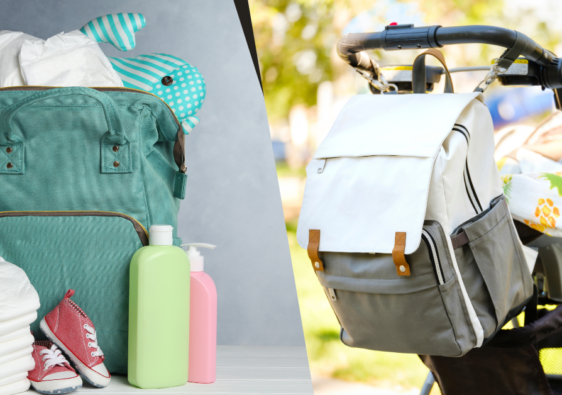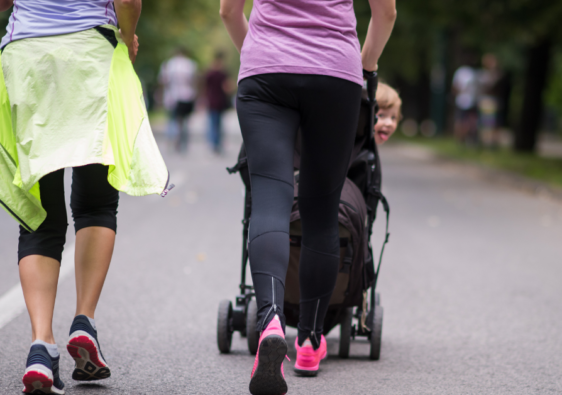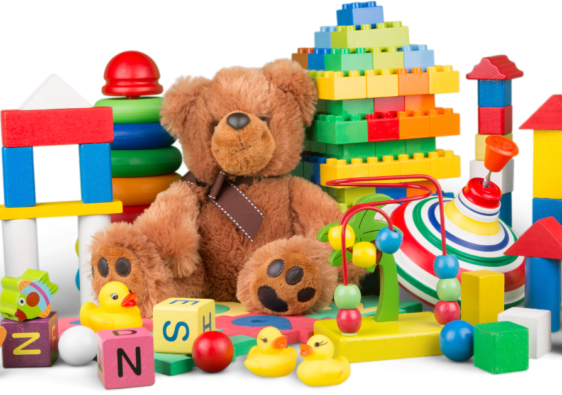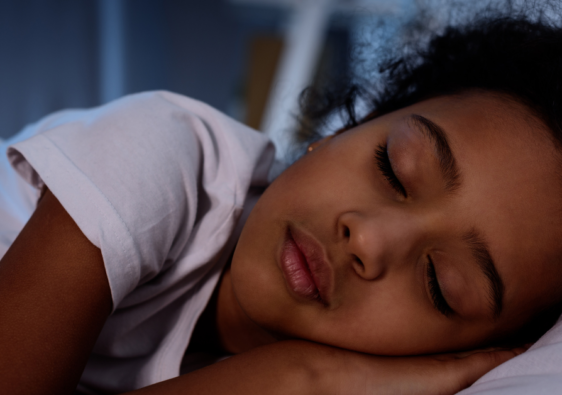As a new parent, I never imagined I’d become so passionate about laundry detergent. The quest for the perfect detergent to protect my little your delicate skin has led me through a maze of research, ingredient lists, and countless loads of tiny onesies.
Let’s explore the sudsy world of baby laundry together, focusing on two popular contenders: Dreft and Ivory. We’ll unravel the complexities of these brands and determine which truly stands out for keeping baby clothes clean and soft while being gentle on sensitive skin.
The Science Behind Baby-Safe Detergents
Both Dreft and Ivory have developed their formulas based on the principle that babies’ skin is more sensitive and prone to irritation than adults’. This isn’t just clever marketing – it’s backed by solid dermatological research.
Newborn skin has a higher pH level and is more permeable, making it more susceptible to external irritants. This biological fact drives the development of gentler laundry products specifically designed for infants and young children.
Dreft’s Approach
Dreft has long positioned itself as a baby-specific brand. They offer stage-based formulas to cater to different phases of a child’s development:
- Newborn Formula: Ultra-gentle for the most sensitive skin
- Active Baby Formula: Designed to tackle tougher stains as babies become more mobile and messy
Dreft emphasizes it’s hypoallergenic properties and dermatologist testing, aiming to provide parents with peace of mind about the products touching their baby’s skin.
Ivory’s Strategy
Ivory takes a different approach with their Free & – Gentle formula. Instead of creating separate products for different ages, they’ve developed a single detergent marketed as suitable for the whole family, including babies.
This one-size-fits-all strategy appeals to parents looking to simplify their laundry routine while still using a product gentle enough for their little ones.
Navigating Marketing Claims
One of the biggest challenges in choosing a baby detergent is cutting through the marketing noise. Terms like “hypoallergenic” and “dermatologist-tested” are plastered across both Dreft and Ivory packaging, but what do they really mean?
Hypoallergenic
This term suggests that a product is less likely to cause allergic reactions. However, there’s no regulated definition for “hypoallergenic” in the United States.
Both Dreft and Ivory use this claim, but it’s based on their own testing and standards.
Dermatologist-Tested
While this sounds reassuring, it doesn’t necessarily mean the product is endorsed by dermatologists or that it won’t cause skin irritation in some babies. It simply shows that the product has undergone some form of testing by skin specialists.
Fragrance-Free vs. Unscented
Ivory’s Free & – Gentle formula is fragrance-free, which means no scents have been added. Dreft, on the other hand, offers both scented and unscented options. For babies with particularly sensitive skin, a fragrance-free option like Ivory might be preferable.
Ingredients and Performance
Looking beyond the marketing claims, let’s examine the ingredients and performance of both detergents.
Dreft
Dreft’s formula includes:
- Biodegradable surfactants
- Enzymes for stain removal
- Optical brighteners
Dreft is known for it’s effectiveness in removing tough baby stains like spit-up, formula, and diaper blowouts. However, some parents find the scented version overpowering, and there are concerns about the use of optical brighteners, which some consider unnecessary for baby clothes.
Ivory
Ivory’s Free & – Gentle formula contains:
- Plant-based cleaning agents
- No dyes or perfumes
- No optical brighteners
Ivory’s simpler formula appeals to parents looking for a more “natural” option. It’s effective for everyday cleaning but may struggle with tougher stains compared to Dreft.
Practical Application
When it comes to actually using these detergents, there are several factors to consider:
Dosage
A common mistake is using too much detergent, which can leave residue on clothes and irritate baby’s skin. Start with half the recommended amount and adjust as needed. Both Dreft and Ivory are compatible with high-efficiency (HE) washing machines, but be sure to use the suitable amount for your machine type.
Pre-treating Stains
Don’t rely solely on the detergent to tackle tough stains. Pre-treating can make a huge difference, especially with notorious baby messes like pureed carrots or diaper blowouts.
Both brands offer stain-removal tips on their websites.
Water Temperature
For most baby laundry, warm water is enough. However, for heavily soiled items or during illness, you might want to use hot water (always check garment care labels first).
Cloth Diapers
If you’re using cloth diapers, be aware that some manufacturers recommend against using Dreft because of potential buildup issues affecting absorbency. In this case, Ivory might be a better choice, or you could consider a cloth diaper-specific detergent.
Adapting to Different Scenarios
Your detergent choice might need to change based on various factors:
Newborns vs. Older Babies
Dreft’s stage-based approach might appeal if you want to switch to a slightly stronger formula as your baby grows and becomes more active.
Seasonal Changes
In summer, when babies are more likely to have heat rash or excessive sweating, a fragrance-free option like Ivory might be preferable to avoid further skin irritation.
Skin Conditions
If your baby develops eczema or other skin issues, talk to your pediatrician. They might recommend switching to an even gentler detergent or using Ivory’s fragrance-free formula.
The Bigger Picture: Textile Care and Skin Health
Understanding baby detergents can lead to a deeper appreciation of textile care and skin health in general. You’ll start noticing how different fabrics interact with detergents and how various products affect your family’s skin.
This knowledge can inform your choices for the whole family’s laundry needs, potentially leading to more mindful consumption and better skin care practices overall.
Hands-On Comparison
To really get a feel for these detergents, try this experiment:
- Wash identical items (like white onesies) in Dreft, Ivory, and your regular detergent.
- Compare them side by side for cleanliness, softness, and smell.
- Keep a log of how your baby’s skin reacts over the next few wears.
This hands-on approach can be more revealing than any product claim or review.
Environmental Considerations
While not always the top priority for new parents, the environmental impact of laundry detergents is worth considering:
Dreft
- Offers a concentrated formula, which means less packaging
- Uses some plant-based ingredients
- Not certified as biodegradable or eco-friendly
Ivory
- Free & – Gentle formula is biodegradable
- Uses plant-based cleaning agents
- Packaging is made from recycled materials
For environmentally conscious parents, Ivory might have a slight edge in this category.
Cost Comparison
Let’s break down the cost per load:
Dreft
- Generally more expensive
- Price per load: Approximately $0.30-$0.40
Ivory
- More budget-friendly
- Price per load: Approximately $0.15-$0.25
While Dreft is pricier, some parents feel the specialized formula justifies the cost. Ivory offers a more economical option that still provides gentle cleaning.
The Role of Fabric Softeners
Many parents wonder if they should use fabric softeners on baby clothes. Generally, it’s not recommended, as fabric softeners can:
- Reduce the flame-resistant properties of sleepwear
- Irritate sensitive skin
- Decrease the absorbency of towels and cloth diapers
Both Dreft and Ivory are formulated to leave clothes soft without the need for extra fabric softeners.
Laundry Tips for Baby Clothes
Regardless of which detergent you choose, these tips can help keep baby clothes clean and in good condition:
- Wash new clothes before use to remove any manufacturing residues.
- Sort clothes by color and fabric type.
- Turn clothes inside out to protect prints and reduce wear on the outer surface.
- Use mesh laundry bags for small items like socks to prevent them from getting lost.
- Air-dry delicate items to extend their life and reduce energy consumption.
The Importance of Patch Testing
Before committing to a new detergent, it’s wise to do a patch test:
- Wash a single item in the new detergent.
- Have your baby wear it for a day.
- Monitor for any signs of irritation or allergic reaction.
This simple step can save you from potential skin issues and the hassle of rewashing an entire load of laundry.
Beyond Detergents: Other Laundry Products
While focusing on detergents, don’t forget about other laundry products that might come into contact with your baby’s clothes:
Stain Removers
Both Dreft and Ivory offer stain removal products. These can be helpful for tough stains but use them sparingly and rinse thoroughly.
Bleach Alternatives
For whites, oxygen-based bleach choices are generally safer than chlorine bleach. Always check garment labels before use.
Dryer Sheets
Like fabric softeners, dryer sheets are generally unnecessary for baby clothes and can potentially irritate sensitive skin.
The Role of Water Quality
Your local water quality can affect how well detergents work:
- Hard water can make detergents less effective and leave mineral deposits on clothes.
- Soft water might need using less detergent to avoid over-sudsing.
Consider using a water softener or adjusting your detergent amount based on your local water hardness.
Storing Baby Detergents Safely
Whichever detergent you choose, proper storage is crucial:
- Keep detergents out of reach of children.
- Store in a cool, dry place away from direct sunlight.
- Consider transferring liquid detergents to a pump dispenser for easier, mess-free use.
When to Switch Detergents
There’s no set rule for when to switch from a baby-specific detergent to a regular family detergent. Some factors to consider:
- Your child’s age and skin sensitivity
- Any recurring skin issues
- Your family’s overall laundry needs
Many families continue using gentle detergents like Ivory’s Free & – Gentle formula for all their laundry, even as children grow older.
The Future of Baby Detergents
As consumer awareness grows, we’re likely to see continued innovation in the baby detergent market:
- More eco-friendly formulations
- Advanced stain-fighting technologies that remain gentle on skin
- Customizable options based on individual skin needs
Both Dreft and Ivory will likely evolve their products to meet changing consumer demands and scientific advancements.
Frequently Asked Questions
What is the best detergent for newborn clothes?
Both Dreft and Ivory offer gentle formulas suitable for newborns. Dreft’s Newborn formula is specifically designed for this age group, while Ivory’s Free & – Gentle is suitable for all ages, including newborns.
Can I use regular detergent for baby clothes?
While it’s possible, many pediatricians recommend using a gentler, baby-specific detergent for infants, especially those with sensitive skin.
How often should I wash baby clothes?
Generally, it’s best to wash baby clothes after each wear, as infants are prone to spit-up, drool, and diaper leaks.
Is Dreft worth the extra cost?
The value of Dreft depends on your priorities. It’s specialized formulas and strong stain-fighting abilities might justify the cost for some parents, while others find more affordable options like Ivory equally effective.
Can Ivory Free & – Gentle remove tough baby stains?
While effective for everyday cleaning, Ivory might struggle with tougher stains compared to Dreft. Pre-treating stains can help improve it’s performance.
Is fragrance-free better for baby laundry?
For babies with very sensitive skin or conditions like eczema, fragrance-free detergents like Ivory’s Free & – Gentle might be preferable to reduce the risk of irritation.
How much detergent should I use for baby clothes?
Start with half the recommended amount and adjust as needed. Using too much detergent can leave residue on clothes and potentially irritate baby’s skin.
Can I use Dreft or Ivory for cloth diapers?
While both can be used, some cloth diaper manufacturers recommend against using Dreft because of potential buildup issues. Always check the care instructions for your specific cloth diapers.
Are “natural” baby detergents better?
Not necessarily. While some parents prefer plant-based or “natural” ingredients, what matters most is how well the detergent cleans and how it affects your baby’s skin.
How long should I use baby-specific detergent?
There’s no set rule. Many families continue using gentle detergents like Ivory Free & – Gentle for all their laundry even as children grow older, especially if they have sensitive skin.
Key Takeaway
Both Dreft and Ivory offer quality options for baby laundry, but the best choice depends on your specific needs. Dreft’s specialized formulas and stain-fighting power appeal to parents dealing with lots of messes, while Ivory’s simpler, fragrance-free approach could be ideal for babies with ultra-sensitive skin. Remember, what works best for your family might need some trial and error. Don’t be afraid to experiment with different options to find the perfect balance of cleanliness, gentleness, and value for your little your laundry needs.



